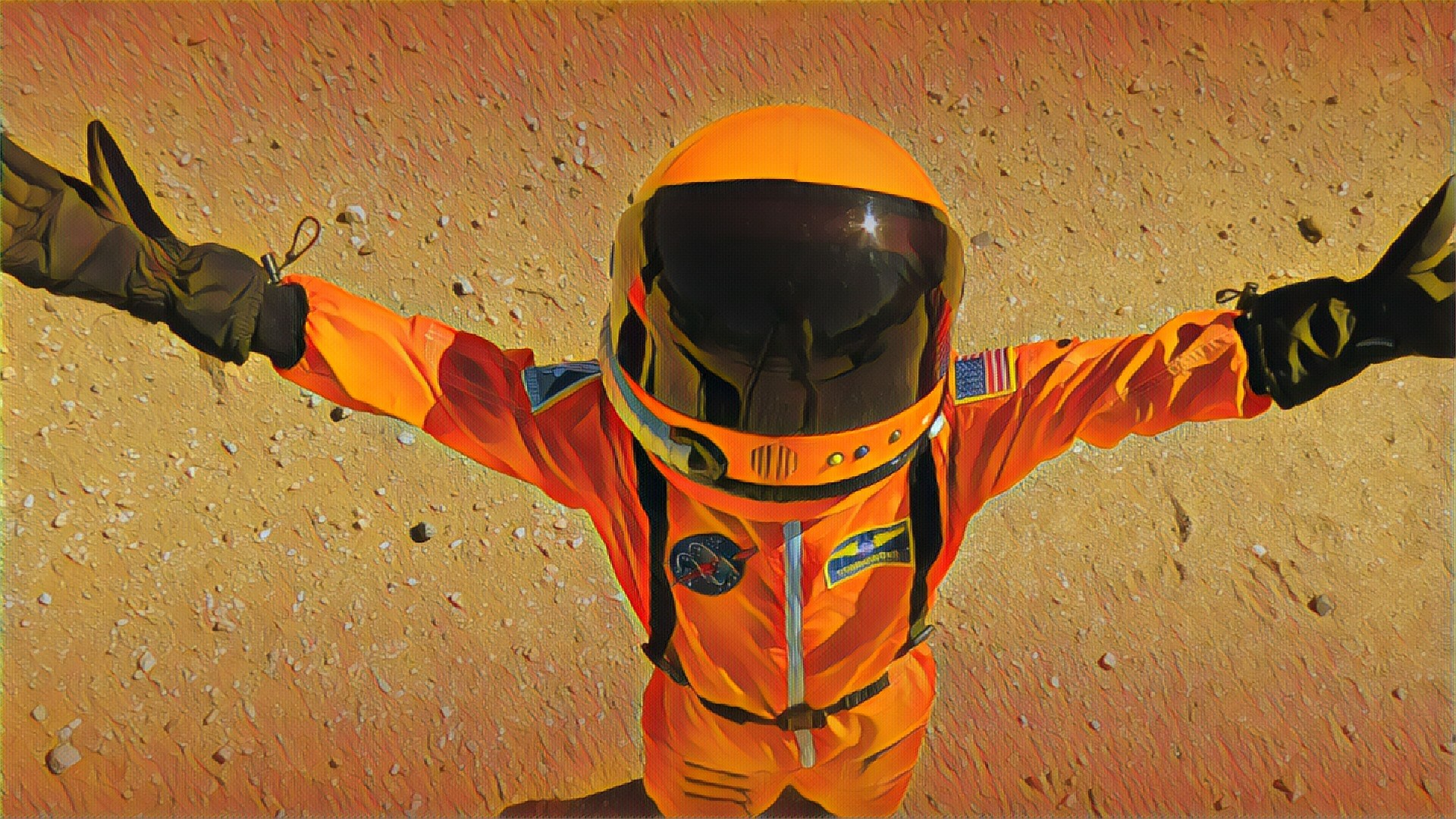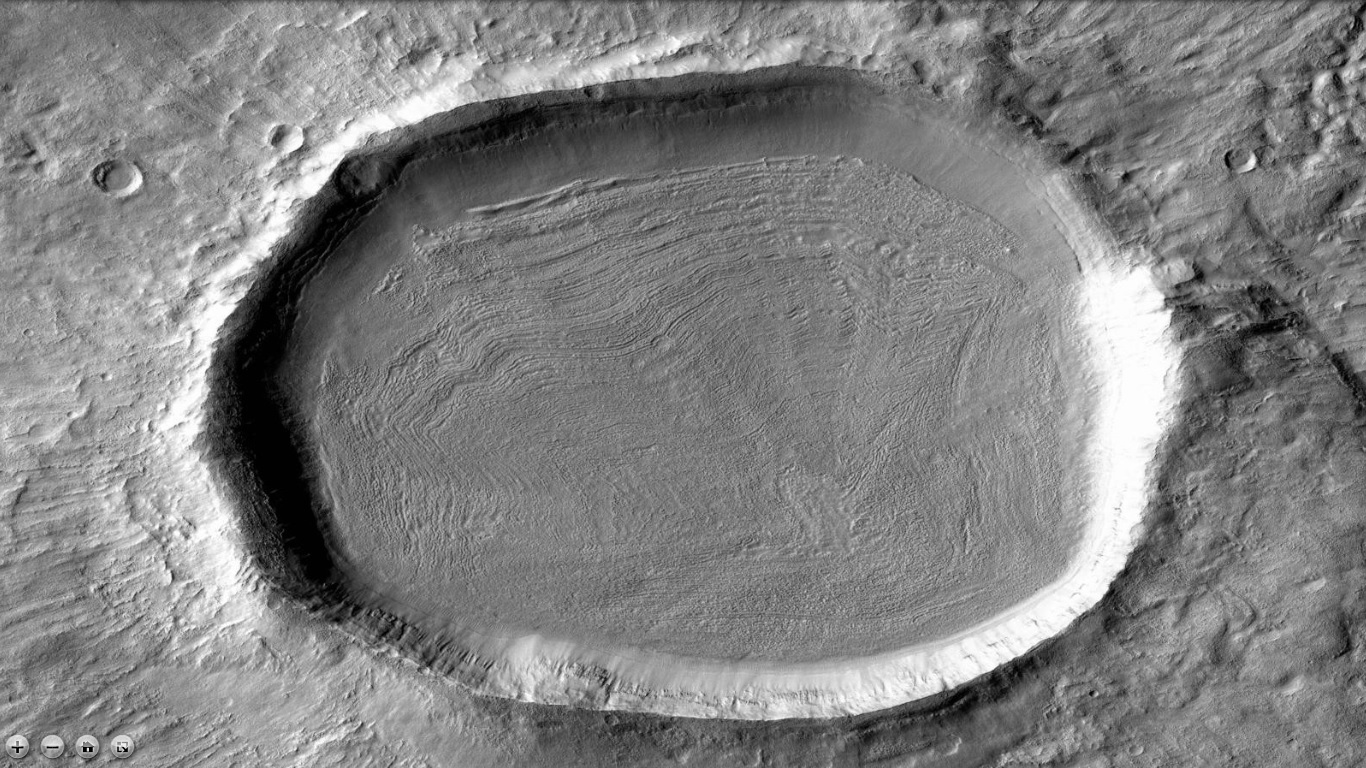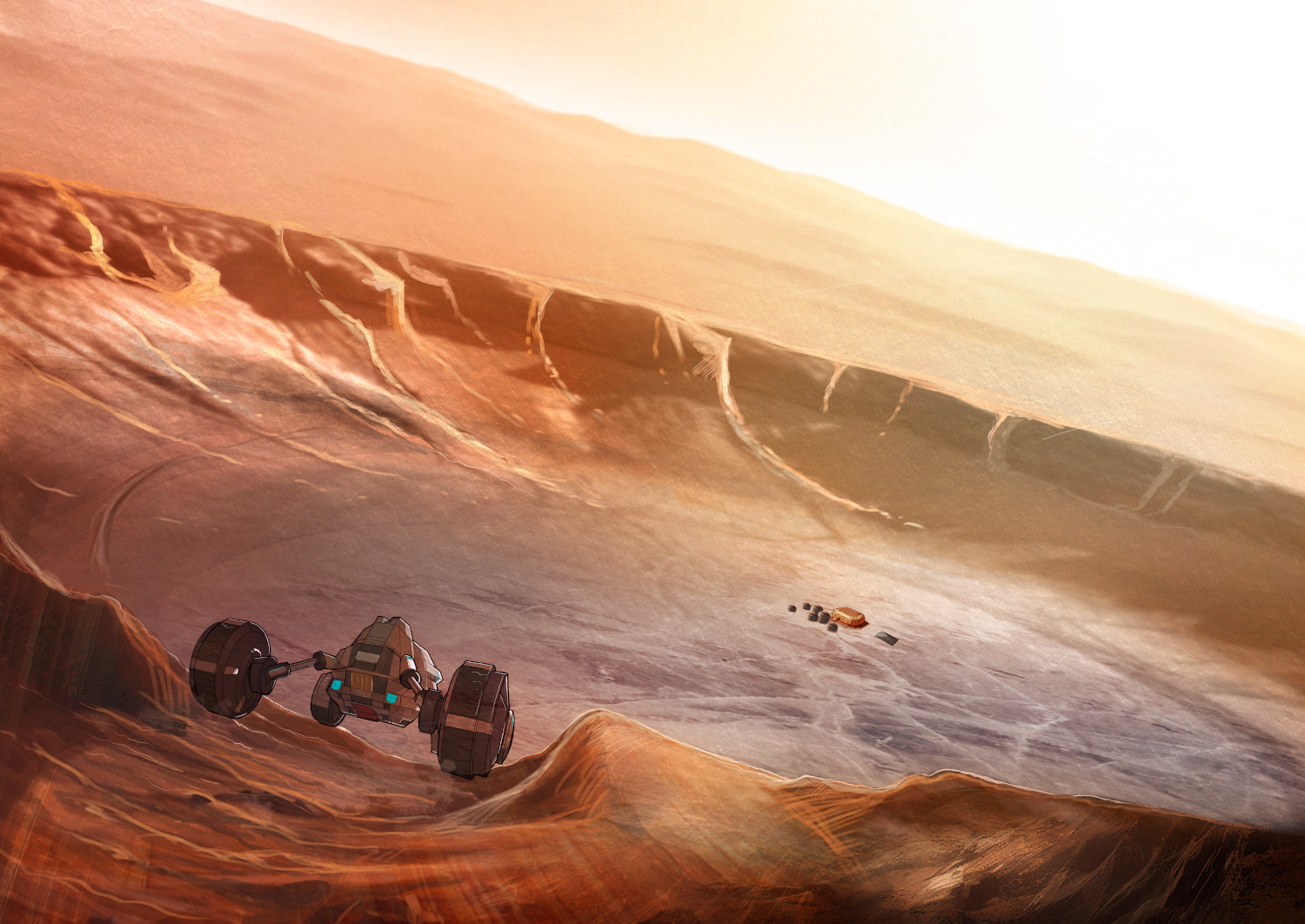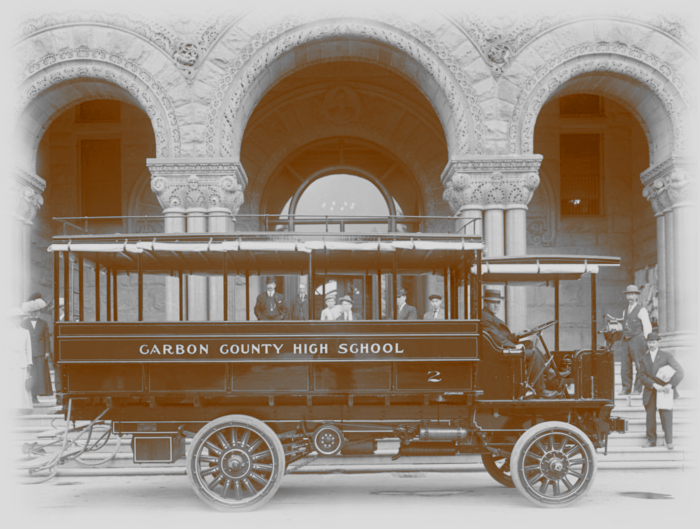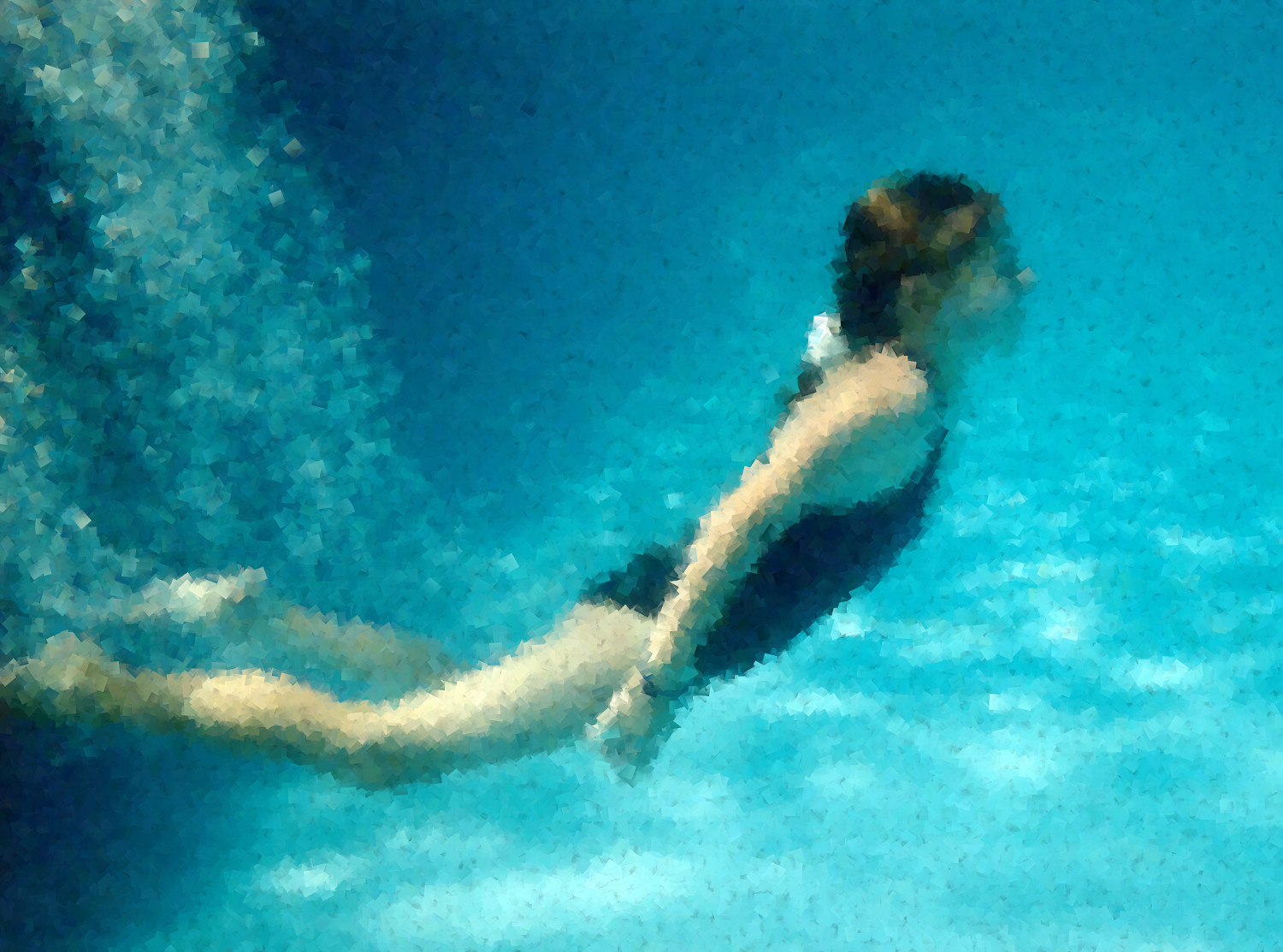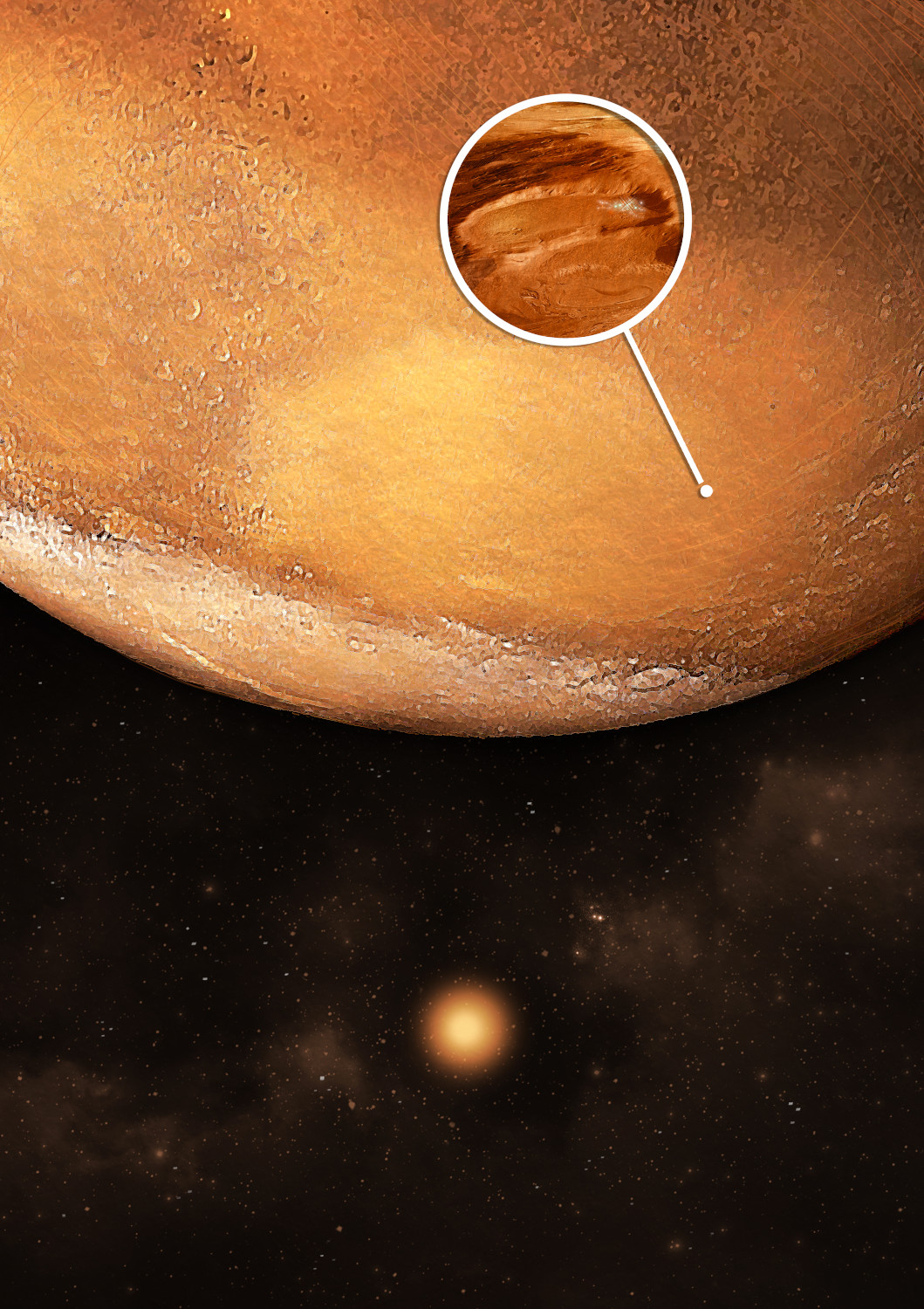“What happened to all that hydrogen?” someone asked.
“Until trade stopped, most of it went to Earth via the cycler,” said Katy.
A hand went up. “What’s the cycler?”
Tomás looked at Katy to see if he could answer. Katy nodded. “Is spaceship,” he said, “in a special orbit around the Sun that brings it near Mars every sixteen months. We load it with hydrogen and, 146 days later, it pass near Earth. They unload. Then off it goes for sixteen months until it comes back by. There are actually two of these in different orbits. Other is used to send supplies and people from Earth to Mars.”
A hand went up. “Are they still there?”
“Oh yeah,” said Tomás. “Some of you might remember the last time we have delivery from Earth several years back. Now they just circling around, waiting.”
A hand went up. “Waiting for what?”
“Until Earth need our hydrogen again.”
From Water: Generation Mars, Book Three. Available now at https://www.amazon.com/Water-Generation-Mars-Book-Three/dp/1733731067
Image: Aldrin cycler orbital diagram from Hawkeye7, https://creativecommons.org/licenses/by-sa/4.0/deed.en
